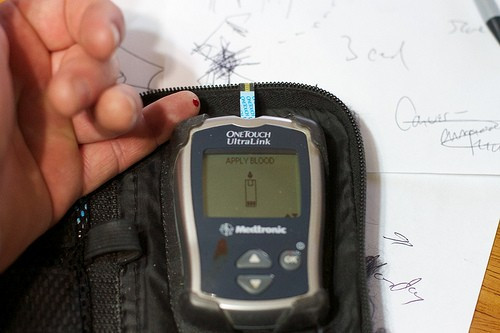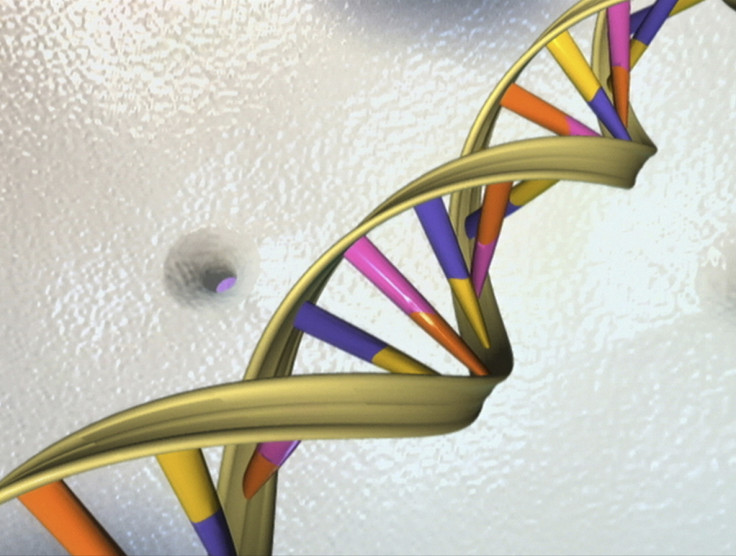Type 2 Diabetes: Discovery of Rare Gene Mutation Could Create Anti-Diabetes Drug

A rare genetic mutation that reduces the risk of type 2 diabetes by two-thirds has been discovered by doctors in Washington.
The mutation, which destroys a gene linked to the disease, has provided a promising new target for developing a drug to mimic its effect.
The gene was found when a group of overweight smokers and drinkers with an average age of 80 were tested. The study of150,000 people revealed a common mutation which destroys a gene used by pancreas cells where insulin is made.
Those which harboured the mutation seemed to create more insulin and have lower blood glucose levels throughout their lives.

Dr Samuel Klein, director of the center for human nutrition at Washington University School of Medicine, told the New York Times: "The study is a tour de force and the authors are the top people in the field."
The research, funded by the drug company Pfizer, could lead to the successful creation of an anti-diabetes drug that mimics the effects of the mutation. Timothy Rolph, Pfizer vice president, has warned the potential drug may take up to two decades to develop and reach the market.
David Altshuler, a professor at Harvard Medical School, told Bloomberg: "Human genetics is not just a tool for understanding biology. It can also powerfully inform drug discovery by addressing one of the most challenging and important questions - knowing which targets to go after."
According to the Times of India, the SLC30A8 gene reduces the risk of disease by 65%.
The protein encoded by the gene had previously been shown to play an important role in the insulin-secreting beta cells of the pancreas, and a common variant in that gene was known to slightly influence the risk of type 2 diabetes, the paper reported.
The study was published in Nature Genetics and is the first time a mutation that destroys a gene in diabetes research has proved beneficial.
The research began with populations in Finland and Sweden, where 28,000 people were studied over several years. The data collected included their ages, weights, and diseases.
Separate groups of people were compared at either end of the diabetes risk spectrum. One group of 352 people had type 2 diabetes even though their risk seemed low, as they had an average age of 50, they were lean and they did not smoke.
The other group of 406 people were presumed to have a higher risk as they were overweight, smoked and had an average age of 80. However, the did not have diabetes.
Two participants in the latter group, who did not have the disease, were found to have a mutation that destroyed one copy of the gene. The research was expanded, revealing another 31 people with the mutation.
Altshuler, deputy director of the Broad Institute of Harvard and MIT and the study's lead author, met with Dr Kari Stefanson, chief executive of deCODE Genetics, a company with data on genes and diseases for the entire population of Iceland. The American drug company, Amgen, bought deCODE and its genetic database.
Upon searching deCODE's information, Stefanson discovered 39 people out of 5,440 who had a mutation that destroyed the gene and who did not have diabetes. In contrast, just nine out of 3,727 diabetes patients had the mutation.
No adverse health effects have yet been linked to the mutation.
© Copyright IBTimes 2025. All rights reserved.






















